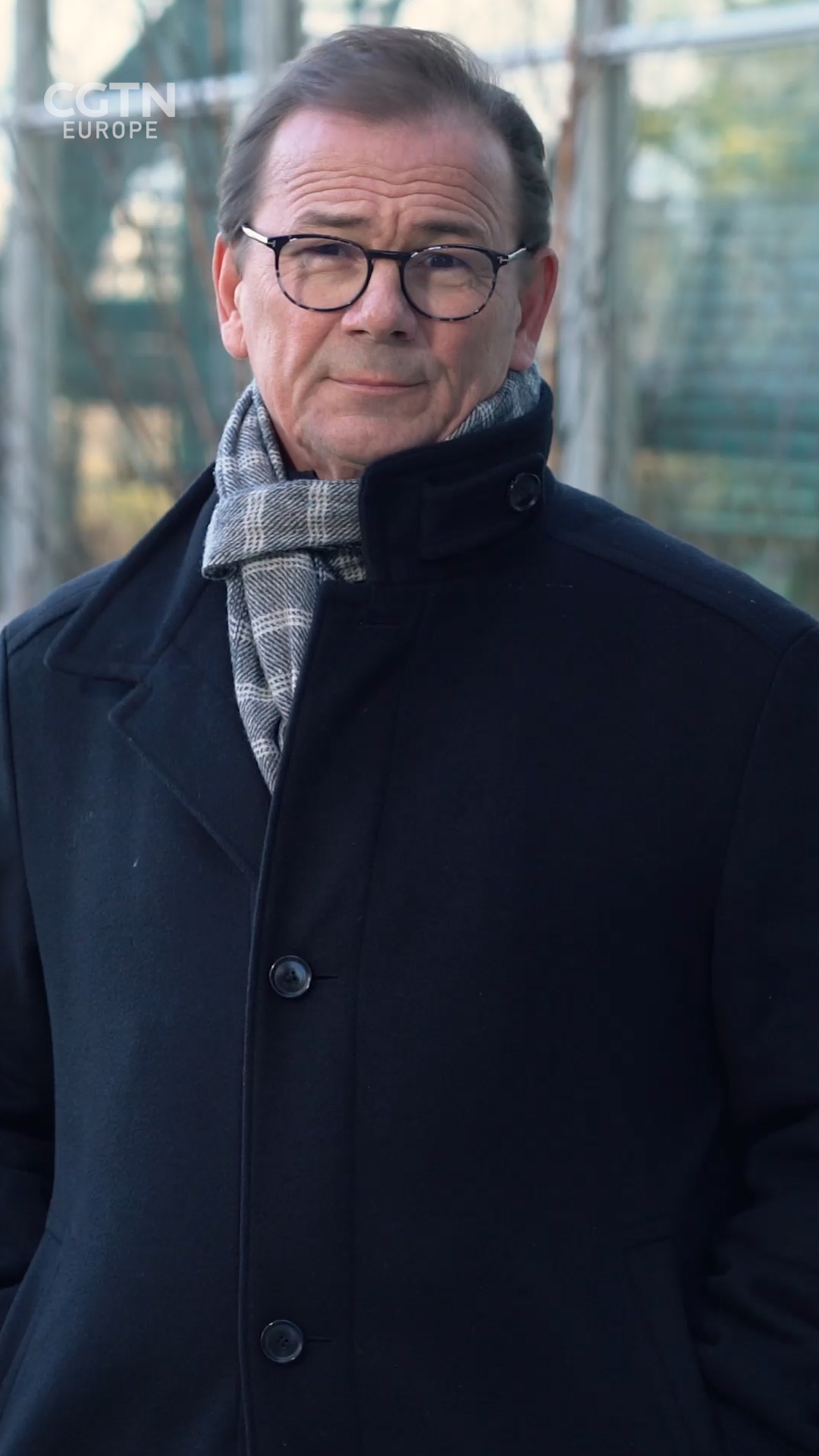02:42

CGTN Europe's Andrew Wilson assesses the political fallout from the election
UK Prime Minister Boris Johnson has visited the former Labour heartlands that he won in the north of England as he secured the Conservative Party's best election result since the 1980s.
Johnson, whose party won 365 out of 650 seats in the House of Commons, now has the numbers to push his Brexit deal through Parliament and meet the 31 January deadline for the UK to leave the European Union.
In a symbolic choice of venue, he addressed a gathering of his new MPs from the region in the Sedgefield seat which had been Labour for 80 years - including more than 20 years with former Labour prime minister Tony Blair as its MP.
Johnson told his cheering audience that he wanted the UK to "recover its self confidence" and "stand tall in the world" while he said his party would "get Brexit done" and then deliver on its election promise to invest more in hospitals, schools and police.
In a direct message to Labour people who had broken "the voting habits of generations" to vote for his party he said that he and the Conservative Party "will repay your trust."

Johnson with Paul Howell, the new Conservative MP for Sedgefield (Credit: AFP)
Johnson with Paul Howell, the new Conservative MP for Sedgefield (Credit: AFP)
Meanwhile the fallout of Friday's results are continuing to be felt across the UK political system.
The main opposition Labour Party: Leader Jeremy Corbyn says he will step down after the party secured its fewest MPs since the 1935 election. The last time there was a change of Labour leader the process took four months and the party will want a new leader in place by May.
A number of current senior figures from Corbyn's team are expected to be in the running, including Brexit spokesman Keir Starmer, Foreign Affairs spokeswoman Emily Thornberry and Business spokeswoman Rebecca Long-Bailey.
But there may be others, with a big focus likely to be on the future direction of the party - Corbyn with the overwhelming support of a new wave of party activists moved the party firmly to the left of where it had been when it was winning elections under Tony Blair.
Plenty of critics will put the blame for the defeat on Corbyn himself, others will blame the policies, while others might see Brexit - and the party's rather complicated split position on the issue - as something which made this election a one-off.
The Scottish National Party: Nicola Sturgeon was the other big winner in the election, sweeping up 48 out of 55 MPs elected in Scotland. She has said that this provides the mandate for a fresh independence referendum for Scotland, which narrowly voted "no" in a referendum in 2014.
Johnson has already ruled out the idea of any imminent Scottish independence referendum, but the issue is not likely to go away.
The Liberal Democrats: There was a time ten years ago when the centrist Liberal Democrats were the third largest party in the Commons with more than 50 MPs, but they went into coalition with the Conservatives in 2010 and have not won more than a dozen MPs at the three elections since.
They are now looking for their fifth leader in four years, after Jo Swinson lost her own seat as an MP so had to resign. The inquest into their election performance will likely focus on their much criticized decision to say that they would scrap Brexit rather than sticking with the wider Remain campaign position of wanting a second referendum to allow the people to change their mind.
In Northern Ireland: The picture in Northern Ireland has made grim reading for the Democrative Unionist Party, which until recently had been in a position where it held the balance of power for Theresa May's UK government. It lost two seats, including its leader at Westminster.
The main focus in Northern Ireland now will be on expected power-sharing talks to get the Northern Ireland Assembly back up and running, while all parties are likely to have strong views on Brexit developments, given that it will host the only land border between the UK and the EU after Brexit.
A reminder of the results
Conservatives won 365 seats with 43.6 percent of votes
Labour won 203 seats with 32.1 percent
Scottish National Party won 48 seats with 45 percent of votes in Scotland (3.9% across UK)
Liberal Democrats won 11 seats with 11.5 percent of votes
The Conservatives' majority of 80 is well beyond the number needed to pass legislation and large enough for the prime minister to be able to withstand any rebellions by small numbers of MPs at both ends of the party.
MPs are due to return to Parliament on Tuesday, with Johnson likely to set out his party's legislative plans on Thursday and a key vote to back his Brexit plan on Friday, before a Christmas break.